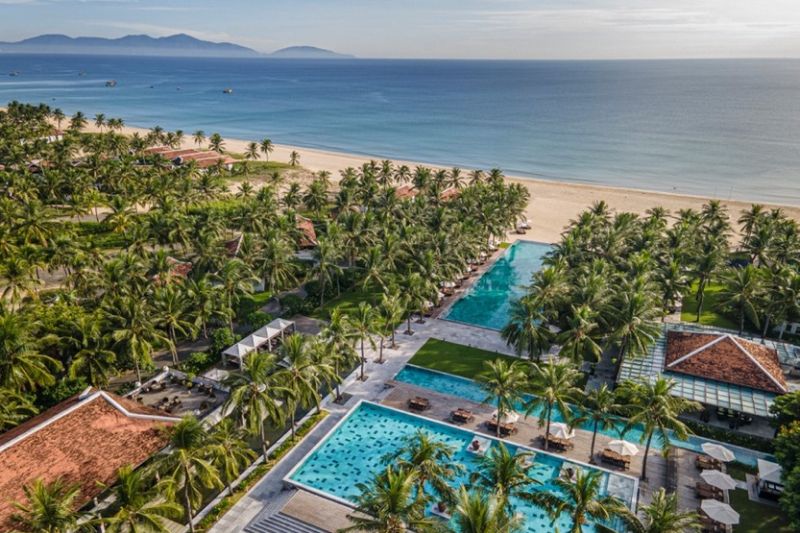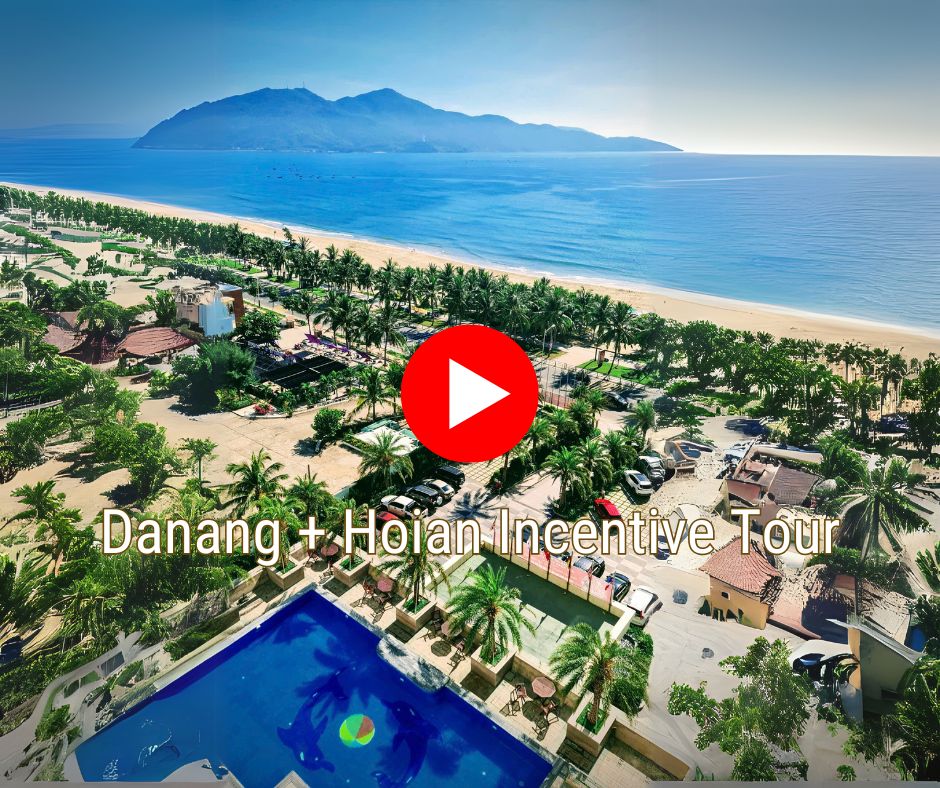Expert Insights & B2B Travel Solutions for Industry Professionals
At Dong DMC, we empower travel professionals, tour operators, and agencies with the latest industry trends, destination insights, and business strategies to help you stay ahead in the competitive travel market. Our blog serves as a knowledge hub, providing expert guidance on MICE & corporate travel, luxury tourism, leisure itineraries, and digital transformation in travel operations. Whether you're crafting seamless itineraries, looking for B2B growth strategies, or seeking destination updates, our curated content is designed to elevate your expertise and success.
 EN
EN






.jpg)


.jpg)



.jpg)
_1.jpg)